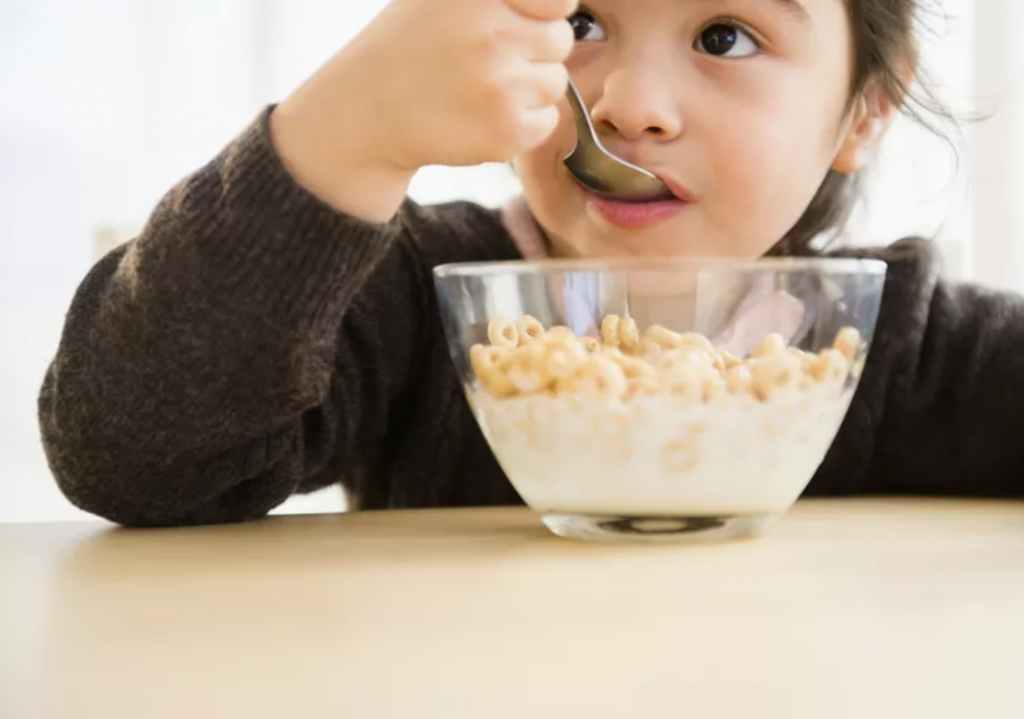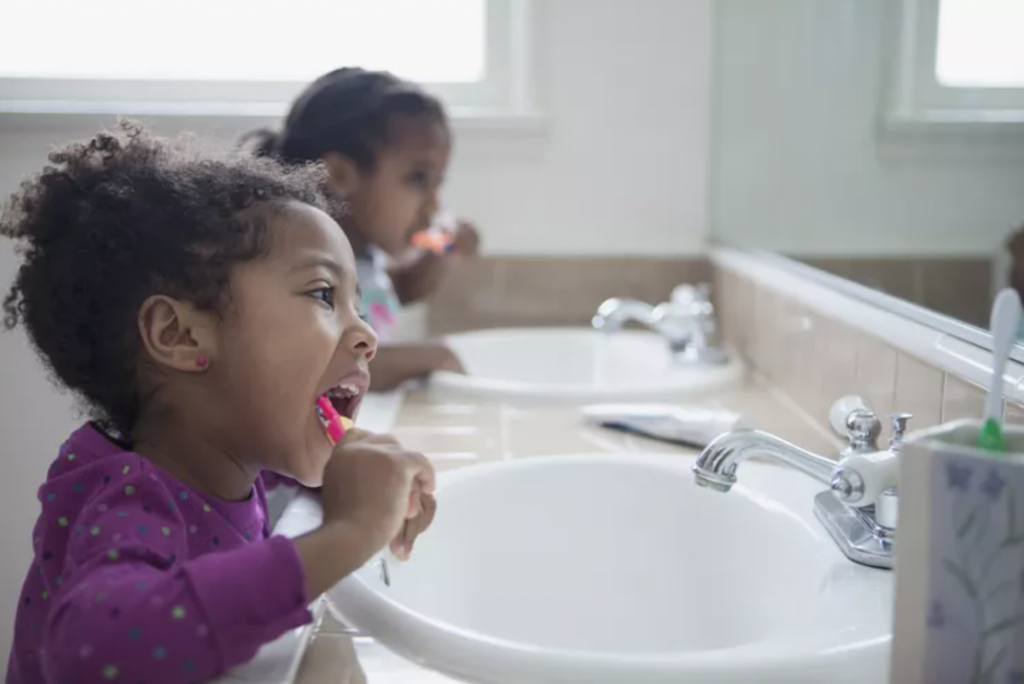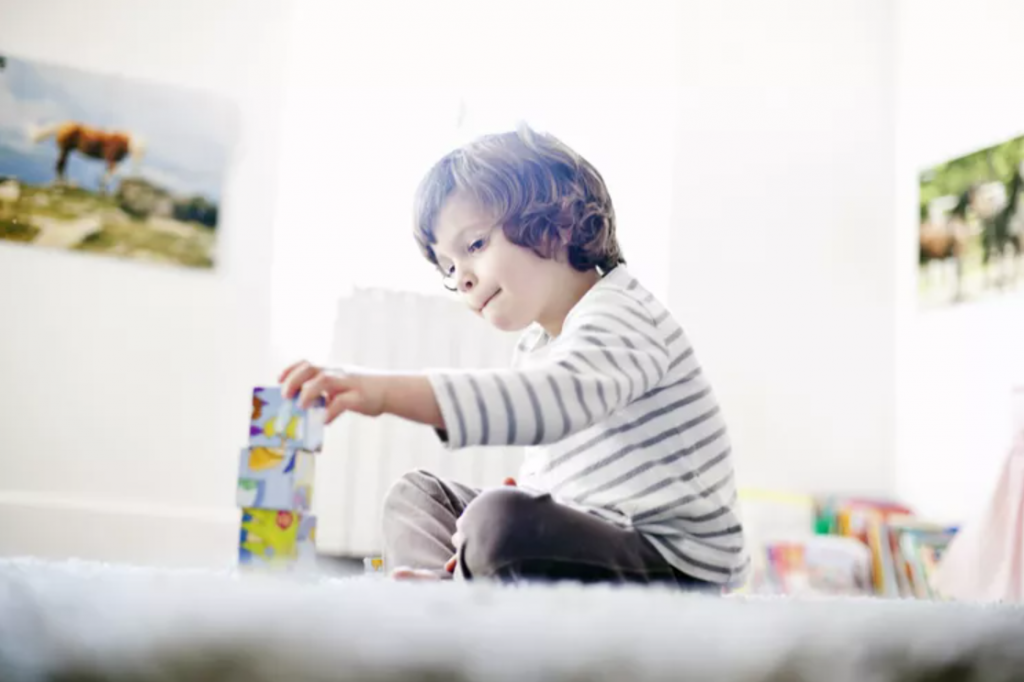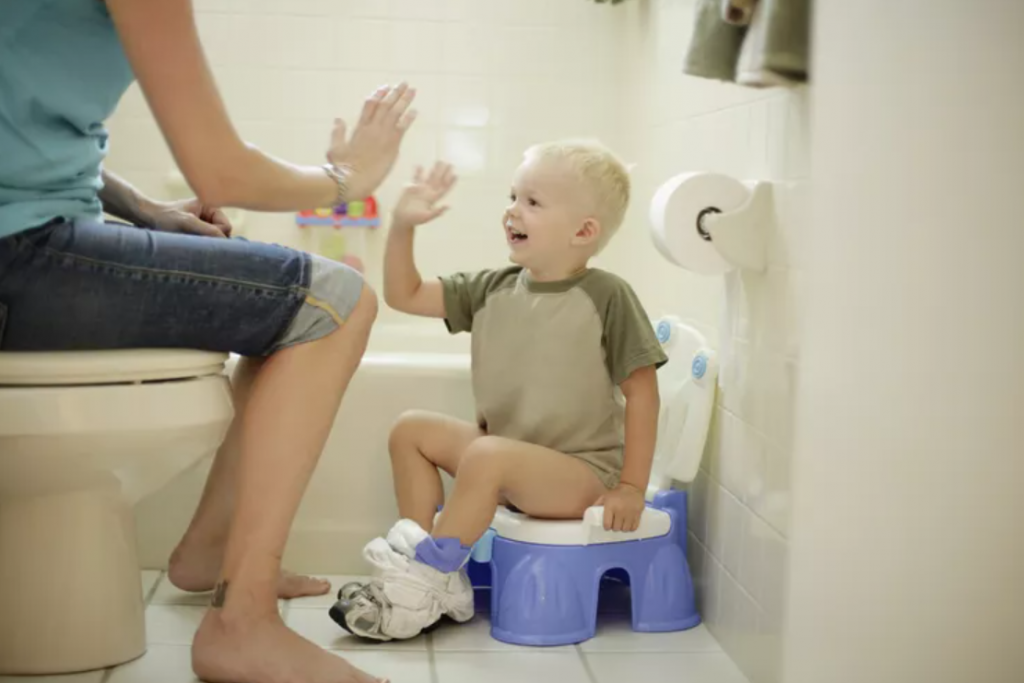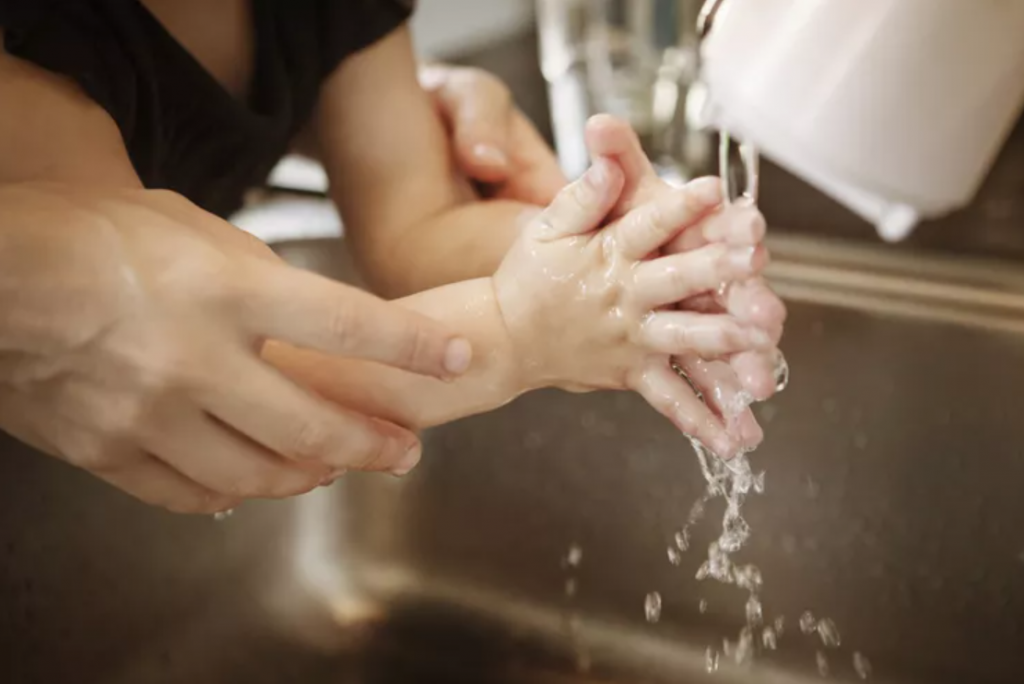As your preschooler progresses in age and development, there are specific self-care abilities they should acquire—such as handwashing, dressing themselves, and using utensils—which they will need to learn independently. Adults often overlook These routine activities, assuming they come naturally, but in reality, they require guidance and regular practice.
Every child follows their unique developmental timeline. Similar to other milestones, these guidelines serve as a reference point. By the age of 5, most children should be capable of accomplishing these tasks, but there may be valid reasons why they haven’t reached them yet.
How to Encourage Your Child to Reach Self-Care Milestones
When your child embarks on a new endeavor, it’s crucial to emphasize the process rather than the outcome. Initially, mistakes are inevitable as they explore and learn. As a parent, your role is to provide support and guidance rather than immediately intervening and taking over the task.
Even if a button ends up in the wrong hole or snacks accidentally spill onto the carpet instead of the bowl, fostering independence is a vital aspect of personal and social growth.
Getting Dressed and Undressed
When your child ventures into new experiences, it is crucial to emphasize the process rather than the end result. In the initial stages, it is natural for your child to make mistakes. As a parent, your role is to provide encouragement and guidance rather than immediately taking over the task.
Even if a button finds its way into the wrong hole or snacks accidentally spill onto the carpet instead of the bowl, fostering independence plays a significant role in their personal and social development.
Learning to Use Utensils
At the age of 4, most children should have developed sufficient hand coordination to use a fork and spoon (and, with assistance, a butter knife). However, it doesn’t guarantee that they will automatically do so. This is partly because using their hands is easier for them and also because they may not be aware of when to use utensils.
While some foods are meant to be eaten with utensils, others are not. If your child still prefers eating with their hands, offer them a fork or spoon and explain that you would like them to use these instead. If they encounter difficulties, lend them a helping hand. As they become more proficient in using utensils, you can gradually introduce basic table manners, such as refraining from playing with their food (which often happens when a child eats with their hands).
Brushing Teeth
Even though it may seem like your preschooler is effectively brushing their teeth, it is advisable for you to remain involved in this routine until they reach around 7 or 8 years old or as recommended by your dentist. Maneuvering through their small mouth can be challenging, and although it may appear that they are cleaning their teeth thoroughly, it’s difficult to ensure that they are reaching every crevice. Therefore, it is important for you to take an active role in their oral care.
However, you can encourage their independence by allowing them to brush their teeth before or after you have done it together.
Lending a Hand Around the House
Your preschooler can engage in numerous simple household chores, not only to assist you but also to foster their growing independence and provide them with a sense of accomplishment. Younger preschoolers can participate in tidying up their toys and helping to sweep the floor, while older children can contribute by feeding a pet or making their bed. It’s important to remember that in the beginning, your little one’s efforts may not yield perfect results.
The focus here is not on the outcome but rather on the effort they put in. Although you may feel inclined to refold the towels that your little one took care of, try to resist the urge and instead praise them for what they have accomplished.
Using the Toilet
Potty training (or toilet learning) is a highly anticipated self-care milestone for many parents. While the ages of 2 to 3 are commonly chosen to initiate potty training, it’s important to recognize that some children may not be ready until they reach at least 4 years old. It’s common for most boys to prefer standing up initially, but it is advisable to start their training by having them sit down.
Regardless of gender, the key is to look for signs of readiness, such as following directions and demonstrating an extended attention span. Once your child starts using the toilet regularly (if they have been using a potty chair, it’s time to transition them to the regular toilet), it’s normal to expect occasional accidents.
Washing Hands
As your child progresses in toilet learning, it is crucial to teach them the importance of handwashing simultaneously. While a child may not hesitate to wash their hands when visibly dirty, they may resist the task when their hands appear clean. Take the time to explain that handwashing isn’t solely about maintaining cleanliness but also plays a vital role in eliminating germs that can cause illness.
Your child needs to acquire this skill independently, as you won’t always be present to ensure they do it correctly. Teach them to sing a song, such as the alphabet song sung twice, while they wash their hands, as this can be a helpful timing guide. Additionally, demonstrate the appropriate amount of soap to use. You will also need to instruct them on differentiating between hot and cold water taps and how to dry their hands when they are finished properly.
Preparing Food for Themselves
While it may not be safe for your preschooler to handle tasks like frying eggs, there are certain foods that are suitable for little ones to prepare. Young preschoolers can engage in making sandwiches by adding meats and cheese to bread, as well as spreading condiments or peanut butter. Older children can take charge of their own breakfast in the morning by having cereal boxes accessible and milk placed on a reachable shelf in the refrigerator.
It’s important to acknowledge that spills are part of the learning process. Instead of scolding your child, remind them that accidents happen and clean up together. Encourage your child to join you in the kitchen and participate in cooking activities. Allowing them to engage in simple tasks like stirring and pouring will help them become more comfortable in the kitchen and give them a head start as they grow older.



